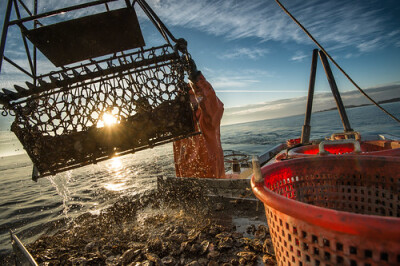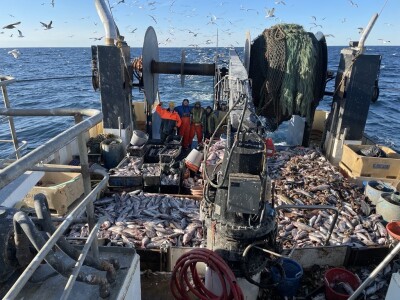Efforts to limit its harvest — in order to save a bird — have rippled through the New Jersey Department of Environmental Protection, the state legislature and a multi-state fisheries commission.
Now, the ripples have extended to Asia.
Officials have discovered that Asian horseshoe crabs have been imported to substitute for the local species. They were horrified, partly because of the possibility that pathogens and invasive species would wind up coming in with the crabs, even if the crabs were dead.
Earlier today, the Atlantic States Marine Fisheries Commission passed a resolution to ban the import and use of Asian horseshoe crabs as bait.
How did we get to this?
Shaped like a helmet with spindly legs, the crab comes ashore on the beaches of Delaware Bay every spring to lay its green eggs in the sand.
That just happens to be the time when migratory shorebirds are arriving from half a world away, famished and in need of refueling before they continue to their Arctic breeding grounds.
When one bird in particular, the red knot, began to show declines, and scientists made the case that those declines were linked to increased harvest of the crabs, regulators stepped in.
The crabs weren't being harvested because they were good food for humans. They were being harvested because they were good bait for whelks and eels, which are food delicacies in the Asian market. Most of the whelks and eels caught are sent to Asia, although Italians and Asians in this country also eat them.
The Atlantic States Marine Fisheries Commission put limits on the horseshoe crab harvest, and New Jersey went the regulators one better, instituting a moratorium.
At the time, some warned this would create pressure on horseshoe crabs in neighboring states. Apparently, that happened.
Read the full story at the Philadelphia Enquirer>>






